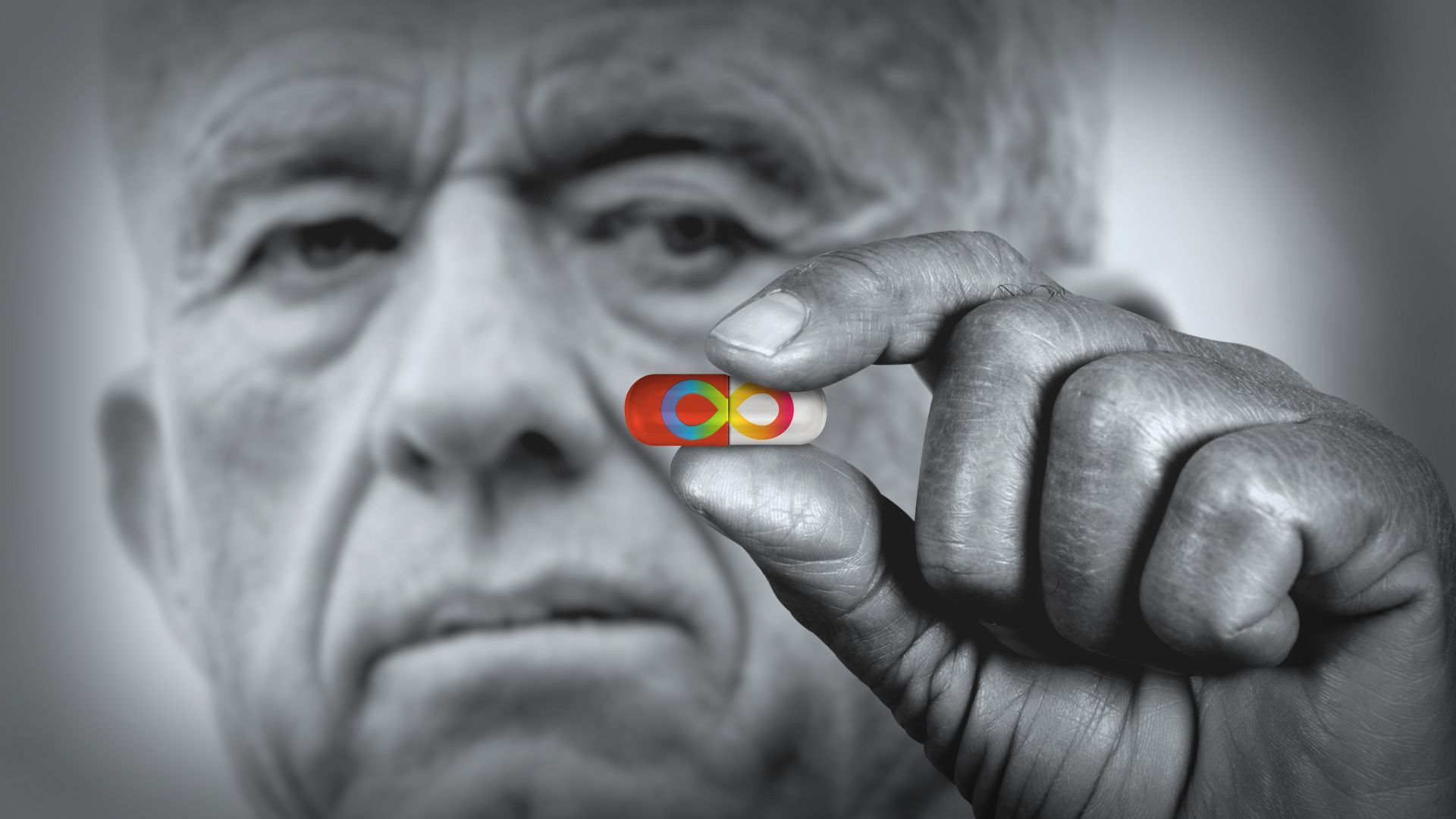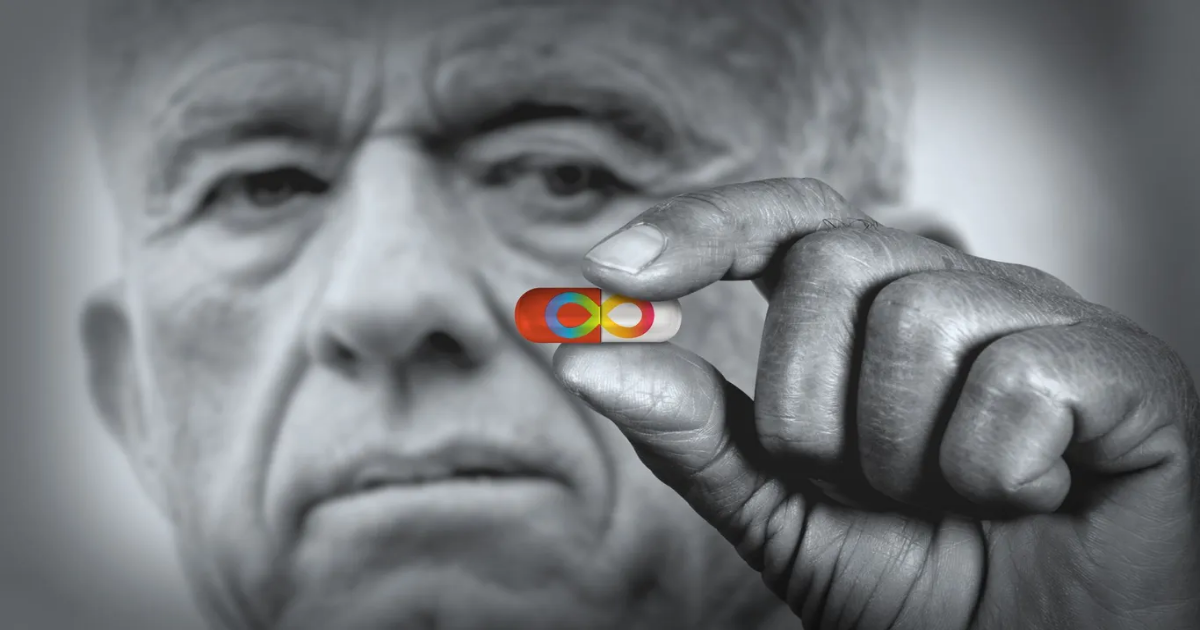 Photo illustration: Allie Carl/Axios. Photo: The Washington Post via Getty Images
Photo illustration: Allie Carl/Axios. Photo: The Washington Post via Getty Images
Health Secretary Robert F. Kennedy Jr. describes autism as a disease that needs a cure, but people with autism would rather that time and money be spent allowing them to live their lives with dignity and independence.
Why it matters: Kennedy’s insistence that vaccines or other environmental factors led to increased autism diagnoses in children, despite mounds of research debunking the link, undermines decades of advocacy work people with autism have done on their own behalf.
- “A lot of autistic people find that the idea of a cure, of making them not autistic anymore, is the same thing as proposing to make them a different person,” said Zoe Gross, director of advocacy at the Autistic Self Advocacy Network, who has autism.
- “It’s like saying, ‘you’re not good enough and we’re going to change you for our own comfort.’ And we find that it’s a message that is very detrimental to the self-concept, self-esteem of young autistic people.”
Driving the news: One in 31 U.S. children age 8 or younger are now diagnosed with autism, according to a Centers for Disease Control and Prevention study released Tuesday.
- This increase is attributed to improved screening and earlier detection.
However, Kennedy, who has rejected research finding no link between autism and vaccines, pledged a “massive testing and research effort” to find autism’s cause by September.
- Kennedy tapped David Geier, a vaccine denier who practiced medicine without a license in Maryland, to lead that study.
- “This is a preventable disease,” Kennedy said during a Wednesday news conference rejecting his own agency’s findings. “We know it’s environmental exposure. It has to be — genes do not cause epidemics.”
- A purported link between vaccines and autism was popularized in the 1990s by British researcher Andrew Wakefield whose falsified research was later retracted.
What they’re saying: The Department of Health and Human Services said in a statement that the rise shouldn’t be attributed exclusively to better diagnostics.
- “Secretary Kennedy pledged an urgent federal research effort to identify environmental culprits,” HHS said in the statement.
- The White House did not respond to Axios’ request for comment.
Reality check: Autism is hereditary, research shows. About 80% of cases can be linked to inherited genetic mutations.
- The remaining cases are likely from non-inherited mutations, per the UCLA David Geffen School of Medicine.
- “It’s impossible to cure autism, and any resources that are thrown into this idea of curing autism are being thrown down the drain when they could be spent on research that would improve our lives,” Gross said.
- Rather than researching a cure, that time and money could provide people with autism services to live their lives more independently such as alternative communication devices, Gross said.
Zoom out: Kennedy’s comments on autism follow the “medical model” that treats autism as a set of deficiencies or impairments to be addressed.
- Advocates for people with autism and other forms of neurodiversity have challenged that approach, instead placing autism on the natural spectrum of human diversity.
- “In conceptualizing autism as a neurological difference rather than as a disorder, clinical and research efforts are encouraged to focus on creating more inclusive environments and societies to enhance autistic well-being and quality of life,” New Zealand-based researcher Ruth Monk and others wrote in a 2022 journal article.
The bottom line: The increase in diagnoses should be a “call to action” for sustained investment in research to support the growing number of people diagnosed with autism, said Andy Shih, chief science officer at Autism Speaks.
- “We must ensure that policies and budgets evolve to reflect this new reality,” he said. “That means expanding access to early intervention, strengthening educational and healthcare systems, and providing supports that span a lifetime.”
Go deeper:
